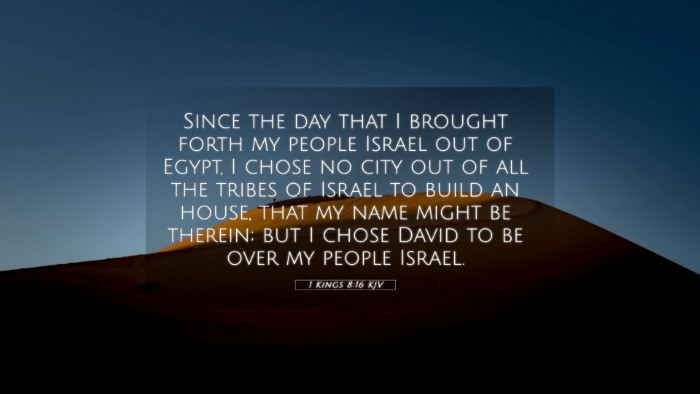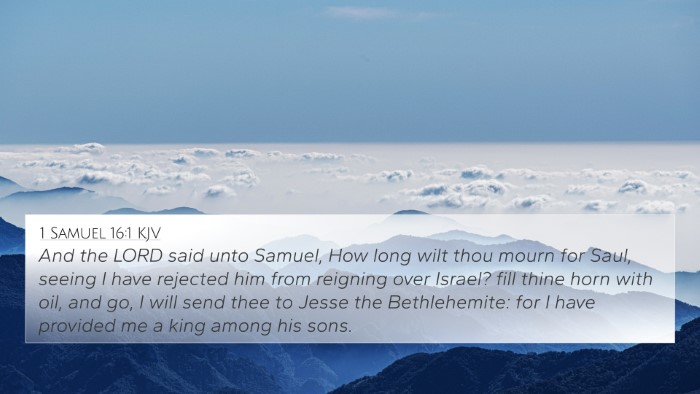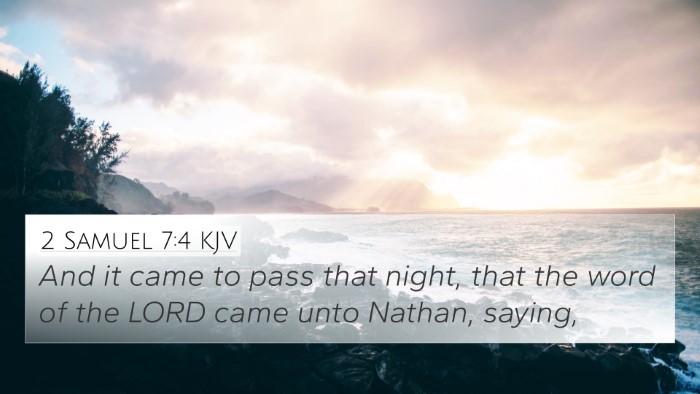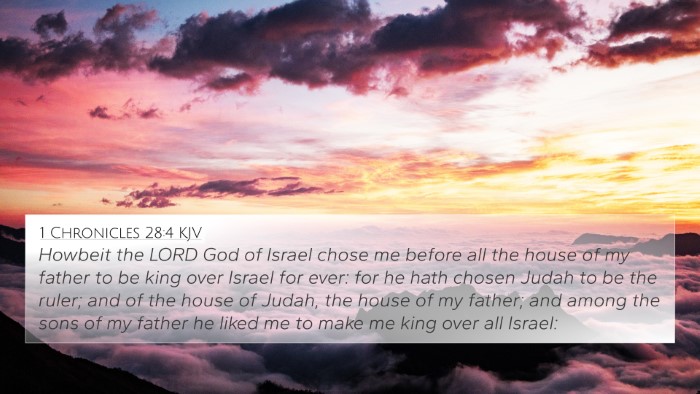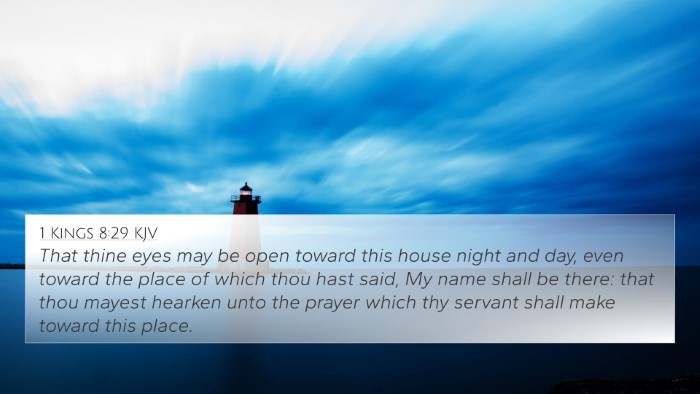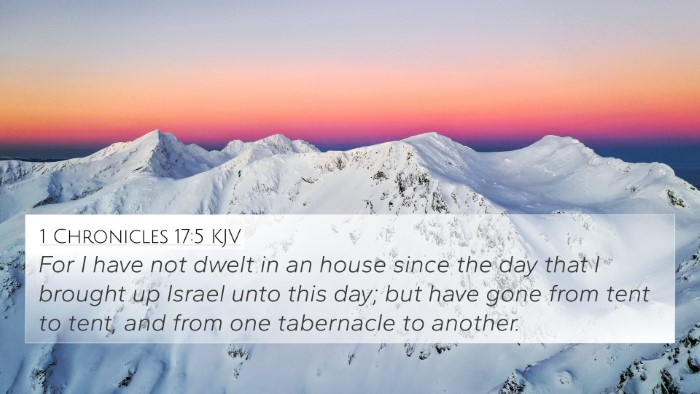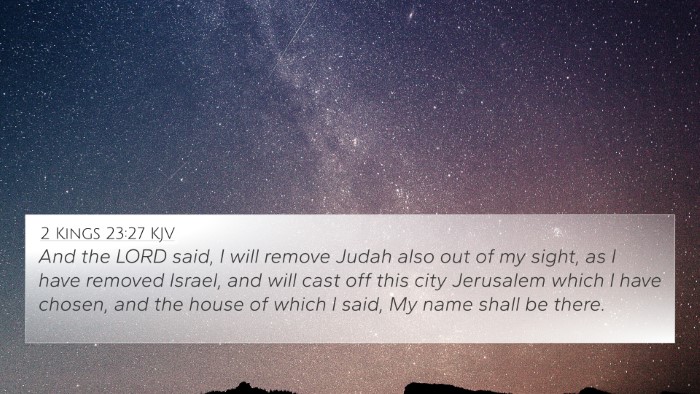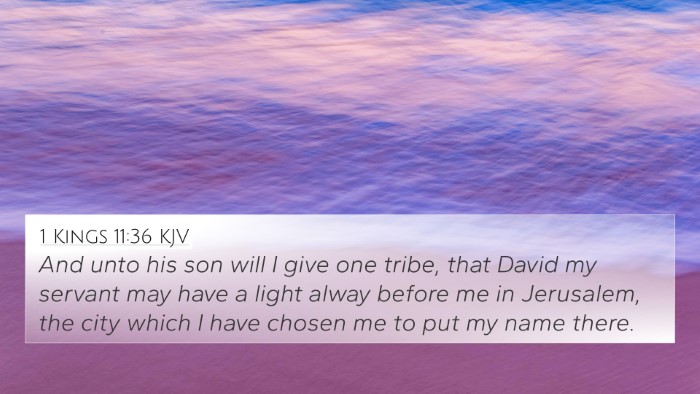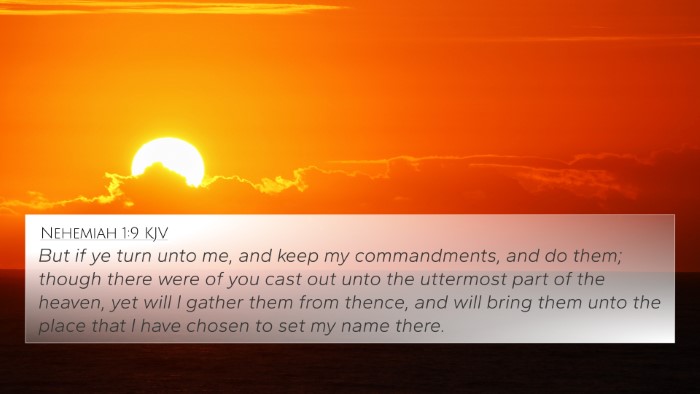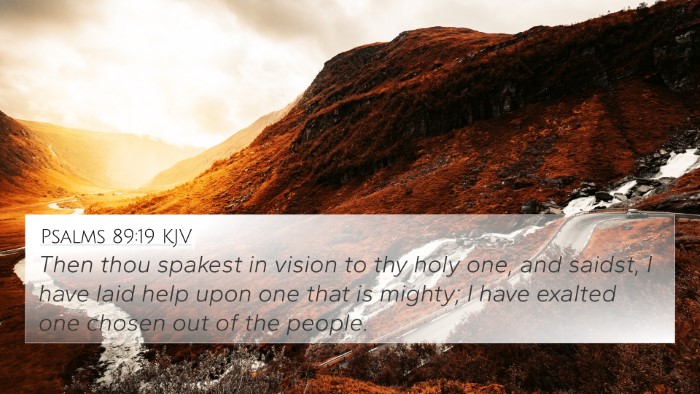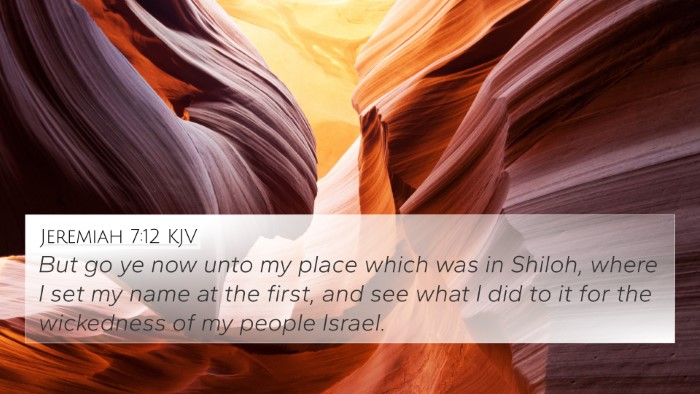Understanding 1 Kings 8:16
Verse Text: "Since the day that I brought forth my people Israel out of Egypt, I chose no city among all the tribes of Israel to build a house, that my name might be there; but I chose David to be over my people Israel."
Context and Overview
This verse comes from a pivotal moment in Israel's history during the dedication of Solomon's Temple. It reflects God's providence in choosing a lineage and a place for His name to dwell among His people.
Commentary Insights
Matthew Henry's Commentary
Matthew Henry emphasizes the significance of God's choice of David, highlighting that it was not a decision made lightly or capriciously. God's selection reveals His sovereignty and intentional plan for Israel. The absence of a chosen city before Solomon’s temple signifies the unique role of the temple as the focal point of worship and God’s presence.
Albert Barnes' Commentary
Albert Barnes points out that the "house" refers specifically to the Temple built by Solomon, laying the groundwork for understanding how God desires to dwell with His people. He notes that this divine choice showcases God's ongoing relationship with Israel, rooted in historical deliverance and faithfulness. The verse serves as a reminder of God's grace in selecting leaders according to His own purpose.
Adam Clarke's Commentary
Adam Clarke elaborates on the historical context, reminding readers that God's lamentation over the lack of a dedicated place of worship before Solomon indicates His desire for intimacy with His people. Clarke also draws attention to the importance of obedience and worship meant to punctuate Israel's relationship with God, indicating that not just any location would do, but one chosen specifically for divine interaction.
Key Themes and Connections
This verse encapsulates important themes in Scripture, most importantly God’s sovereignty in choosing leaders and locations for worship. It sets the stage for understanding the future significance of Jerusalem and the temple as permanent fixtures in Jewish worship.
- Sovereignty of God: God’s choices reflect His control over history and His overarching plan for His people.
- Divine Presence: God choosing a place underscores His desire for intimacy and to be with His people (Exodus 25:8, Leviticus 26:11-12).
- Historical Deliverance: The reminder of deliverance from Egypt demonstrates God’s continued faithfulness to Israel (Deuteronomy 6:12).
- Leadership: God’s choice of David exemplifies His criteria for selection - seeking a man after His own heart (1 Samuel 13:14, Acts 13:22).
Cross-References
- Exodus 15:17: Discusses the establishment of Zion as a dwelling place for God.
- Deuteronomy 12:5: Highlights God's command to choose a specific place for worship.
- 1 Samuel 16:1: God’s direction to anoint David as king.
- 2 Samuel 7:12-13: God's promise to establish David's kingdom and temple line.
- Psalms 132:13-14: Celebrates God’s choice of Zion as His selected dwelling.
- Acts 7:44-47: Stephen recounts the significance of the temple in Jewish history.
- Hebrews 9:11-12: Expands on the concept of the true tabernacle in Christ.
Comparative Analysis
Connecting this verse to various passages enhances our understanding. Thematic Bible verse connections emerge when considering how God’s choice of David and the temple anticipates the Christological fulfillment in the New Testament. For example, Jesus referred to Himself as the temple (John 2:19), establishing a further connection between the Old Testament worship and New Covenant realities.
Cross-referencing Biblical texts like Jeremiah 3:17 and Matthew 5:35 also reveals how the significance of Jerusalem and the temple persists throughout both covenants, showcasing the continuity of God’s plan for mankind.
Using Cross-References in Study
When studying the Bible, employing tools for cross-referencing can yield deep insights into scripture. A Bible cross-reference guide helps readers link related verses, uncovering layers of meaning often overlooked. For example:
- Identifying connections between Old and New Testament: Cross-references help reveal how earlier scriptures find fulfillment in later texts.
- Comparative study of Pauline epistles: Insights gained from cross-referenced texts can clarify theological arguments made by Paul.
- Bible cross-reference for sermon preparation: Linking themes can enrich preaching, making connections that resonate with congregants.
Conclusion
1 Kings 8:16 is a profound verse that resonates with themes of God’s sovereignty, intentionality in choosing leaders, and the longing for His presence among His people. The application of cross-referencing techniques encourages deeper study and understanding of the intricate tapestry woven through scripture.
As you explore inter-biblical dialogue, consider how this verse relates to others to grasp the broader narrative of God’s redemptive work throughout history.

